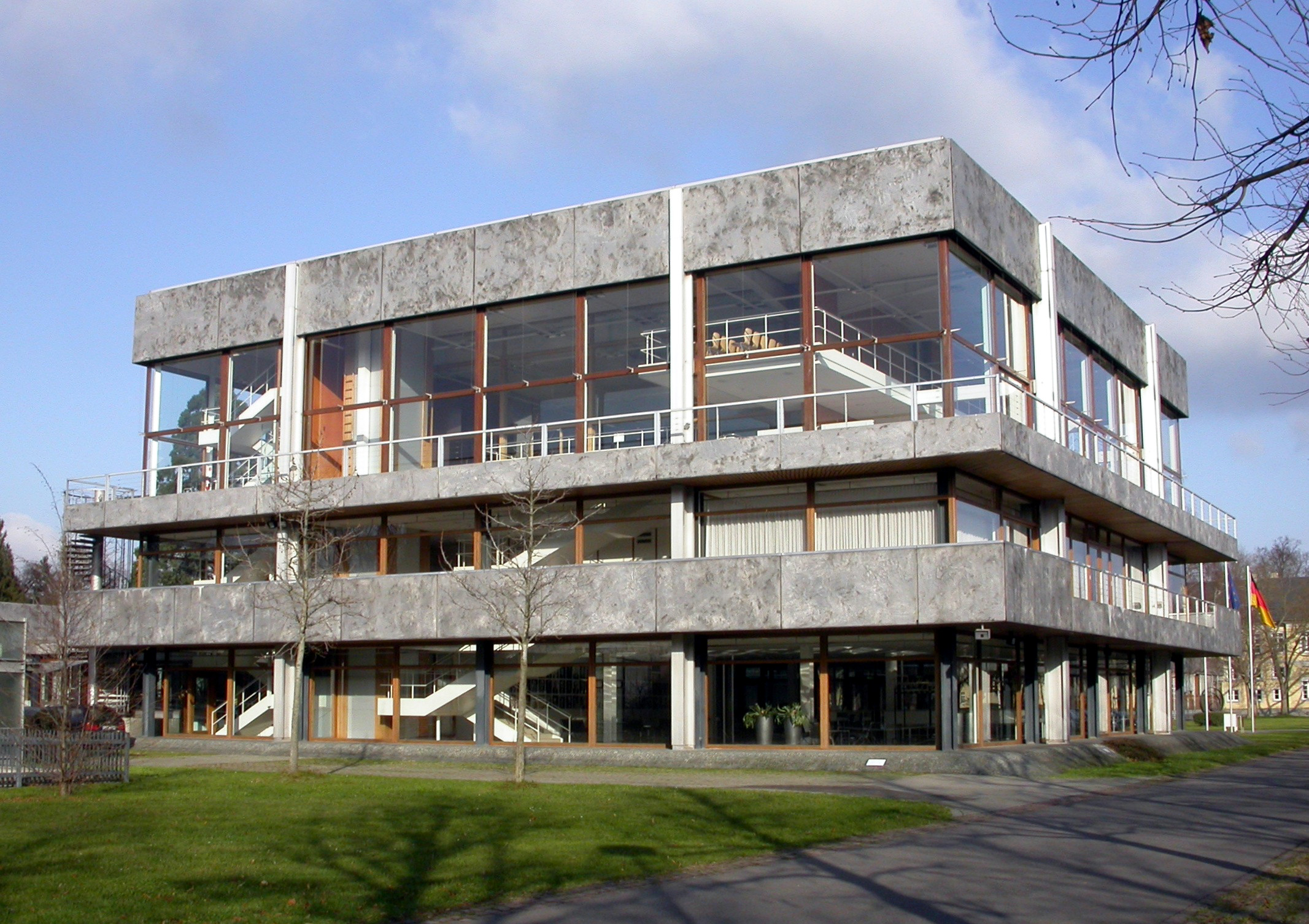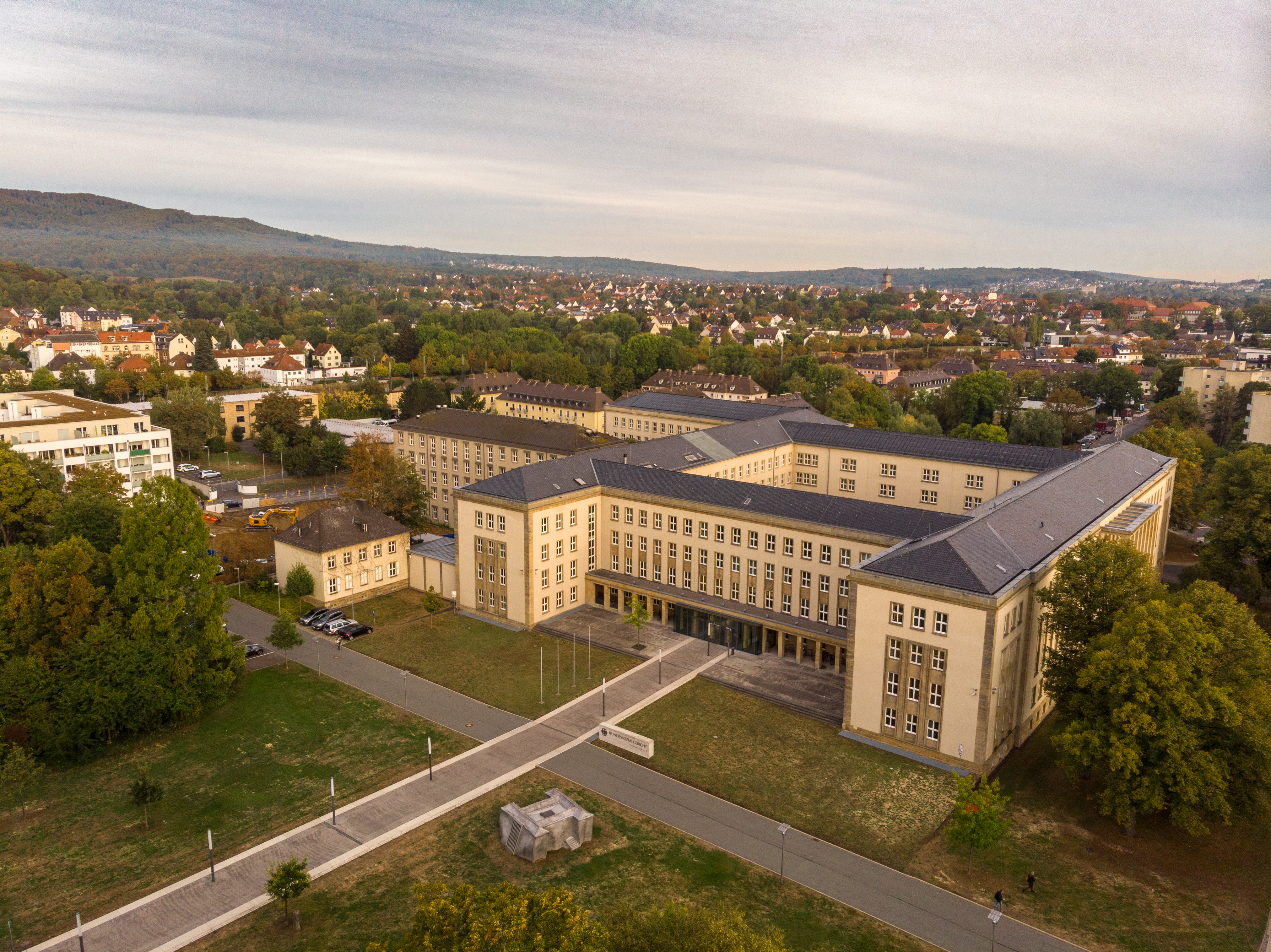|
Federal Courts (Germany)
In Germany, federal courts (''Bundesgerichte'', singular ''Bundesgericht'') are courts which are established by federal law. According to article 92 of the Basic Law for the Federal Republic of Germany, the judiciary power is exercised by the Federal Constitutional Court, the federal courts provided for in the Basic Law, and the courts of the Länder ( Landesgerichte). The federal courts are: *Supreme courts, mandated by art. 95 of the Basic Law **Federal Court of Justice (supreme court of ordinary jurisdiction) ** Federal Administrative Court (supreme court of administrative jurisdiction) ** Federal Finance Court (supreme court of financial jurisdiction) **Federal Labour Court (supreme court of labour jurisdiction) **Federal Social Court (supreme court of social jurisdiction) *Other courts, created under art. 96 of the Basic Law **Federal Patent Court of Germany, a court of ordinary jurisdiction ** Truppendienstgericht Nord and Truppendienstgericht Süd, courts of administrative j ... [...More Info...] [...Related Items...] OR: [Wikipedia] [Google] [Baidu] |
Basic Law For The Federal Republic Of Germany
The Basic Law for the Federal Republic of Germany (german: Grundgesetz für die Bundesrepublik Deutschland) is the constitution of the Federal Republic of Germany. The West German Constitution was approved in Bonn on 8 May 1949 and came into effect on 23 May after having been approved by the occupying western Allies of World War II on 12 May. It was termed "Basic Law" (german: Grundgesetz) to indicate that it was a provisional piece of legislation pending the reunification of Germany. However, when reunification took place in 1990, the Basic Law was retained as the definitive constitution of reunified Germany. Its original field of application (german: Geltungsbereich)—that is, the states that were initially included in the Federal Republic of Germany—consisted of the three Western Allies' zones of occupation, but at the insistence of the Western Allies, formally excluded West Berlin. In 1990, the Two Plus Four Agreement between the two parts of Germany and all four Alli ... [...More Info...] [...Related Items...] OR: [Wikipedia] [Google] [Baidu] |
Joint Senate Of The Supreme Courts Of Germany
The Joint Senate of the Federal Supreme Courts of Justice (''Gemeinsamer Senat der Obersten Gerichtshöfe des Bundes'', also called the ''Common Senate'') is often regarded as one of the supreme courts of justice in Germany, but it is rather, as its name suggests, an ''ad hoc'' judicial body that is convened only in specific cases. The Joint Senate consists of the Presidents of the five Federal Supreme Courts (excluding the Federal Constitutional Court) and two members of each of the Senates involved ("Senate" here denotes a judicial 'sub-unit' within a court, usually consisting of three or more judges, with all Federal Supreme Courts and subordinate courts of appeal being divided into several senates). The Joint Senate decides on questions regarding the interpretation of law that are relevant for all five branches of law overseen by the five Federal Supreme Courts. The Joint Senate gathers rarely (between 2000 and 2010, there were only three decisions), as the areas of responsibi ... [...More Info...] [...Related Items...] OR: [Wikipedia] [Google] [Baidu] |
Beamter
The German civil servants called ' (men, singular ', more commonly ') or ' (women, singular ') have a privileged legal status compared to other German public employees (called '), who are generally subject to the same laws and regulations as employees in the private sector. For example, the state can only fire ''Beamte'' if they commit a felony. The tradition of classifying only some public employees as dates back to the "enlightened rule" of monarchs practised in 18th-century Prussia and other German states. These states did not accept "radical" concepts such as democracy or popular sovereignty, but they did try to professionalise their public services and to reduce corruption and favouritism. The idea was that whoever represents the state by undertaking official duties which only the state may legally provide ('), such as issuing official documents, teaching state-approved curricula to students, preaching in state-approved churches, or making any other kind of official decisio ... [...More Info...] [...Related Items...] OR: [Wikipedia] [Google] [Baidu] |
Bundeswehr
The ''Bundeswehr'' (, meaning literally: ''Federal Defence'') is the armed forces of the Federal Republic of Germany. The ''Bundeswehr'' is divided into a military part (armed forces or ''Streitkräfte'') and a civil part, the military part consisting of the German Army, the German Navy, the German Air Force, the Joint Support Service, the Joint Medical Service, and the Cyber and Information Domain Service. , the ''Bundeswehr'' had a strength of 183,638 active-duty military personnel and 81,318 civilians, placing it among the 30 largest military forces in the world, and making it the second largest in the European Union behind France. In addition, the ''Bundeswehr'' has approximately 30,050 reserve personnel (2020). With German military expenditures at $56.0 billion, the ''Bundeswehr'' is the seventh highest-funded military in the world, though military expenditures remain relatively average at 1.3% of national GDP, well below the (non-binding) NATO target of 2%. Germa ... [...More Info...] [...Related Items...] OR: [Wikipedia] [Google] [Baidu] |
Federal Patent Court Of Germany
The Federal Patent Court (german: Bundespatentgericht, abbreviation: ''BPatG'') is a German federal court competent for particular legal matters, such as patent and trademark cases. It has its seat in Munich, Germany, and was established on July 1, 1961. Within Germany's dual system, in which patent infringement proceedings and nullity suits are dealt with before different courts, the Federal Patent Court is in charge of nullity suits, i.e. deciding upon challenges to the validity of German and European patents having effect in Germany. See also * ''Deutsches Patent- und Markenamt'' (DPMA) * Federal Patent Court (Switzerland) * German patent law German patent law is mainly governed by the ''Patents Act'' (german: Patentgesetz) and the European Patent Convention. A patent covering Germany can be obtained through four different routes: through the direct filing of a national patent applicat ... References External links * German patent law German intellectual prope ... [...More Info...] [...Related Items...] OR: [Wikipedia] [Google] [Baidu] |
Federal Constitutional Court
The Federal Constitutional Court (german: link=no, Bundesverfassungsgericht ; abbreviated: ) is the supreme constitutional court for the Federal Republic of Germany, established by the constitution or Basic Law () of Germany. Since its inception with the beginning of the post-World War II republic, the court has been located in the city of Karlsruhe, which is also the seat of the Federal Court of Justice. The main task of the Federal Constitutional Court is judicial review, and it may declare legislation unconstitutional, thus rendering them ineffective. In this respect, it is similar to other supreme courts with judicial review powers, yet the court possesses a number of additional powers and is regarded as among the most interventionist and powerful national courts in the world. Unlike other supreme courts, the constitutional court is not an integral stage of the judicial or appeals process (aside from cases concerning constitutional or public international law), and ... [...More Info...] [...Related Items...] OR: [Wikipedia] [Google] [Baidu] |
Federal Social Court Of Germany
The Federal Social Court (''Bundessozialgericht'') is the German federal court of appeals for social security cases, mainly cases concerning the public health insurance, long-term care insurance, pension insurance and occupational accident insurance schemes. Trial courts for these cases are the ''Sozialgerichte'' (Social Courts). Appeals against decisions of these courts are heard by the ''Landessozialgerichte'' (Superior State Social Courts), before the cases may wind up at the ''Bundessozialgericht''. The ''Bundessozialgericht'' is located in the city of Kassel. History The Federal Social Court was founded on September 11, 1954 and its first session was on March 23, 1955. Function The Federal Social court hears appeals against decisions of the Landessozialgerichte (Superior State Social Courts) or in special circumstances against decisions of the Sozialgerichte. Organisation The Chambers of the Federal Social Court are called ''Senat''. They each consist of 3 Judges and ... [...More Info...] [...Related Items...] OR: [Wikipedia] [Google] [Baidu] |
Federal Labour Court Of Germany
The Federal Labour Court (''Bundesarbeitsgericht'') is the court of the last resort for cases of labour law in Germany, both for individual labour law (mostly concerning contracts of employment) and collective labour law (e.g. cases concerning strikes and collective bargaining). The court hears cases from the ''Landesarbeitsgerichte'' (Superior State Labour Courts), which, in turn, are the courts of appeals against decisions of the ''Arbeitsgerichte'' (Inferior State Labour Courts). The ''Bundesarbeitsgericht'' is located in the city of Erfurt. External links * Erfurt Germany Germany, officially the Federal Republic of Germany (FRG),, is a country in Central Europe. It is the most populous member state of the European Union. Germany lies between the Baltic and North Sea to the north and the Alps to the sou ... Courts in Germany Labour courts German labour law Labor in Germany 1954 establishments in West Germany Courts and tribunals established in 1 ... [...More Info...] [...Related Items...] OR: [Wikipedia] [Google] [Baidu] |




